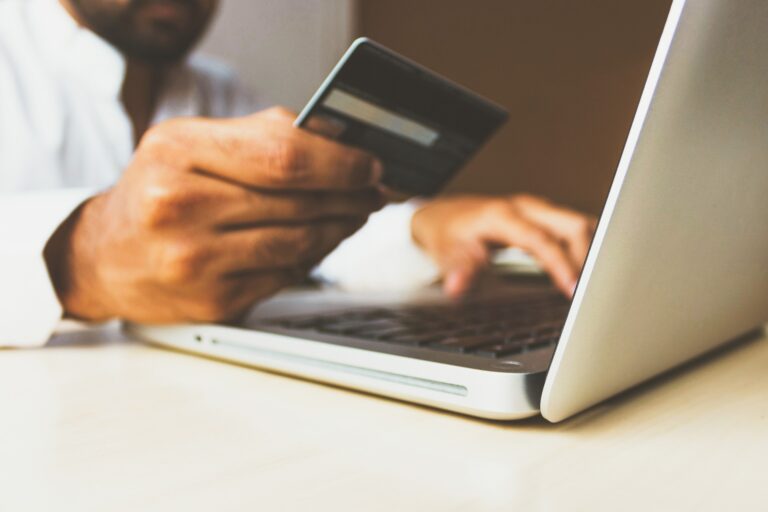doxoINSIGHTS Forecasts COVID-19’s Impact on Consumer Bill Pay Habits

While the impacts of the coronavirus pandemic are still very much in the earliest stages, consumer spending behavior is quickly changing as both individuals and businesses adapt to the economic uncertainty in the months to come. Millions of people across the country are facing a very real financial health crisis when they miss payments or are forced to make choices between the household bills they can and cannot pay.
Amid this crisis, doxoINSIGHTS expects to see a major shift away from checks and paper currency to an increase in online options (like Apple Pay, bank transfers and credit card payments) as more people seek to reduce or eliminate physical contact related to bill pay. Our data shows that bill payments in almost all of the 45 categories we track decreased during the week of March 15th – especially in large debt areas like mortgages and home equity loans, as Americans took stock of their financial situation. Transportation bills like tolls and gas cards also saw a substantial reduction in both frequency and amount as Americans started to practice social distancing.
In the following weeks, doxoINSIGHTS expects the following changes in household bill payment behavior:
- The average amount paid on a credit card will increase by 5% to extend cash
- The percentage of bill payments via credit card will increase by 3%
- The percentage of bill payments via credit card will increase more in states that are most affected by COVID-19, including California, New York, and Washington
- Transportation-related payments (e.g. toll roads, public transit) will drop by 80% as Americans transition to work from home and more non-essential businesses are shuttered daily
The COVID-19 crisis has had a direct and immediate impact on bill payments as Americans preserve cash and try to figure out how this will affect their finances. Because we have unique insight into these trends – both in the long term YoY data and in the short term to identify trends specifically relating to coronavirus – we are able to offer several bill pay best practices for households faced with financial anxiety.
Combatting COVID: Best-Bill Pay Practices for Tough Times
- Avoid overdraft fees: Overdraft fees disproportionately affect those living on the edge, racking up unnecessary costs for cash-strapped Americans. Americans pay about $34 billion in overdraft fees annually. Consumers can avoid unnecessary charges by opting out of overdraft coverage, setting up alerts for low balances, or linking to another account. doxo users can also check their bank balance directly in the doxo app before making a payment, ensuring they have total visibility and control over their bills.
- If you can’t pay in full, pay on time: During times of financial hardship, it’s important not to rack up debt in the form of late fees or overdraft fees. Unfortunately, Americans pay more than $11 billion in late payment penalties each year. In order to avoid penalties, pay the minimum balance or work with your bank to discuss a payment plan that helps break bills into more manageable chunks while avoiding unnecessary fees. Set reminders for when bills are due, or use the doxo mobile app to track due dates automatically.
- Protect sensitive information: Now is the time to ensure your personally identifiable information (such as name, address, SSN, and account information) is secure. Change your passwords and protect yourself from identity fraud. With doxo, we store all your account information for multiple billers in one central system, which reduces the risk of your data being compromised.
- Credit Protection: Your credit score is directly related to your credit health. In lean times, it is especially important to keep your credit score healthy in order to qualify for the best interest rates and increase your credit card and loan approval options, if necessary.
Since March 15th, 2020, more than 100,000 new subscribers have joined the doxo service in order to reduce physical contact and move to more flexible, secure online payment options. In that same time, we’ve also seen a substantial increase in the number of inbound calls from billers, as many seek to expand electronic payment options to meet customer demand and expectation.
With consumer financial health hanging in the balance, it is now more important than ever that Americans have complete visibility and control over their bills. We are in a unique position to offer real-time data based on actual consumer payments, and will continue to monitor these trends as American households navigate this crisis.
